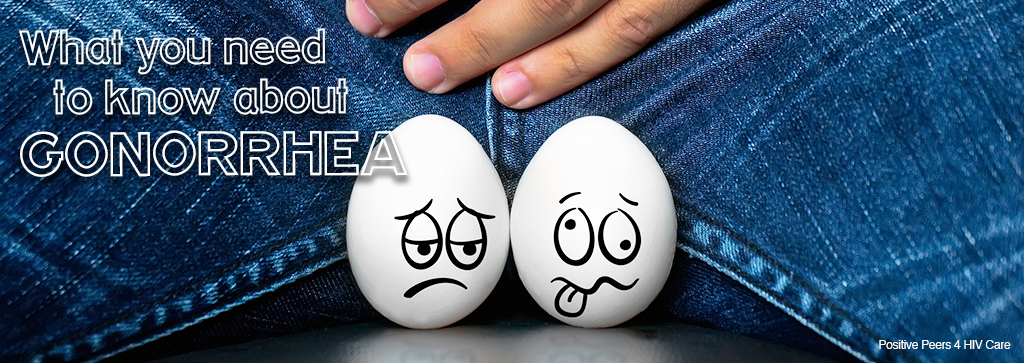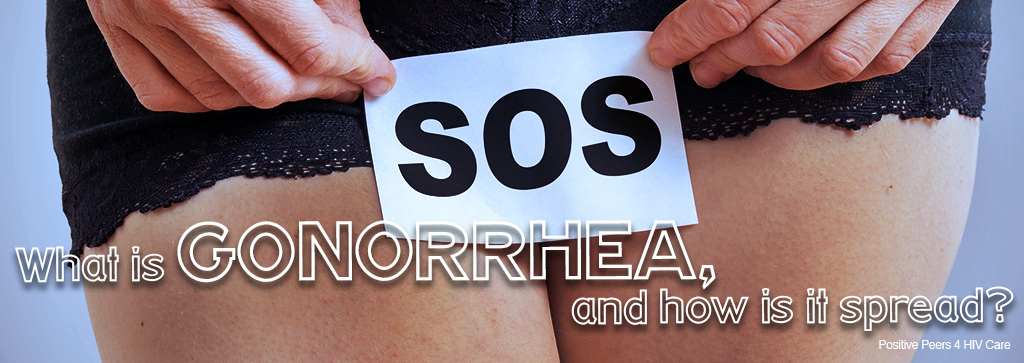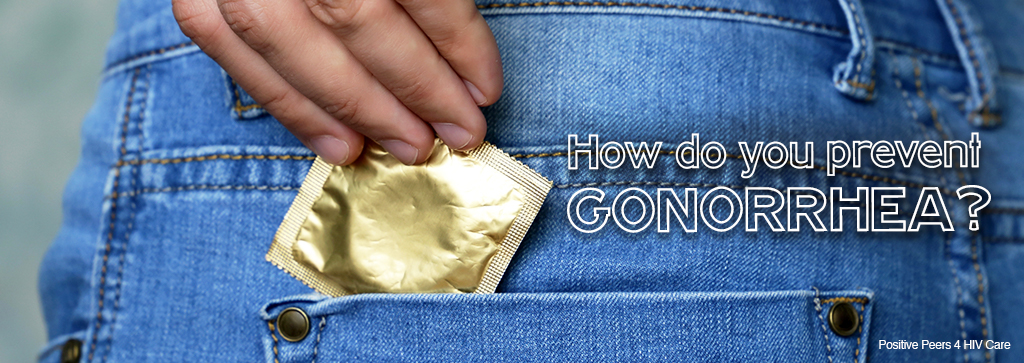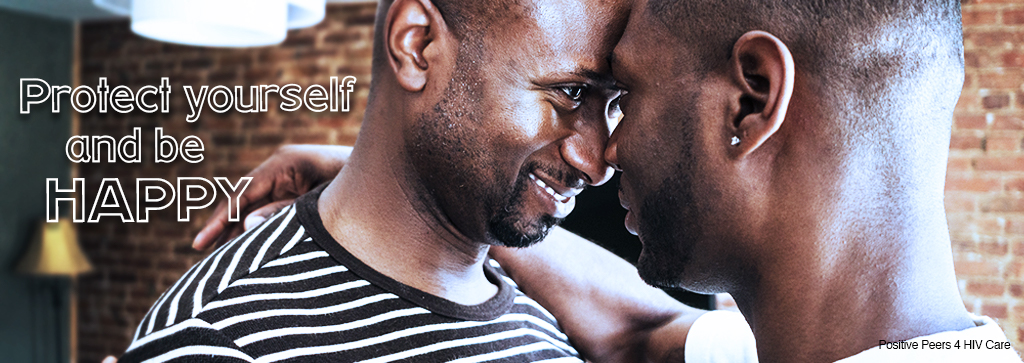
By: Ann K. Avery, MD, Infectious Disease Physician at MetroHealth Medical Center
We’ve talked about Sexually Transmitted Infections (STIs) before and laid out how important it is to get tested regularly. Today, we’re going to dive into one of the most common STIs in the United States: gonorrhea.
If you have an STI, you could be more prone to getting HIV. The good news is if you’re being treated for HIV, gonorrhea isn't impacting your health any differently than it would someone without HIV. If you aren’t on HIV treatment, having gonorrhea will actually increase the chance of transmitting HIV.
A new study shows that gonorrhea and chlamydia account for 10 percent of all new cases of HIV. Always wear a condom to keep both you and any sexual partners you have safe!

What is gonorrhea, and how is it spread?
Gonorrhea is a common STI, especially for teens and people in their 20s to get. Often called the clap or the drip, this STI typically gets passed by having unprotected oral, anal, or vaginal sex. The body parts most affected by gonorrhea are the cervix, throat, urethra, and rectum. It’s also possible to get gonorrhea if, for example, you rub your eye while you have infected fluid on your hand. Babies sometimes get gonorrhea during childbirth because vaginal fluid gets in their eyes.
It’s important to remember that gonorrhea, like HIV, can’t be passed from person to person by hugging or kissing or by sharing food and drink.
What are the symptoms?
A lot of people with gonorrhea don’t even know they have it. A lot of times,f there aren’t any symptoms or are just mild symptoms. Many symptoms of gonorrhea are easy to confuse with something else too.
When symptoms do show up, what are they and where appear?
- Rectum: Signs of gonorrhea in the rectum include straining to go to the bathroom, anal itching, a rectal discharge that resembles pus, and bright red when you wipe.
- Throat: Many times, symptoms of gonorrhea in the throat are easily confused with something else since they include a sore throat and swollen lymph nodes.
- Eyes: If gonorrhea affects your eyes, it can cause sensitivity to light, eye pain, and discharge from just one or both eyes.
- Joints: Gonococcal arthritis, a painful bacterial infection in the joints caused by gonorrhea, makes one or more joints red and swollen, tender, and have a limited range of motion.
Like with other STIs, gonorrhea has different effects on different bodies. Potential symptoms in cis men and trans women include:
- Pain while peeing.
- Having pain and/or swelling in the testicles.
- Pus discharge from the tip of the penis.
Some potential symptoms for cis women and trans men are:
- Discomfort or pain while peeing.
- Pain while having sex.
- More vaginal discharge than usual.
- Bleeding between periods, especially after vaginal intercourse.
- Pelvic or abdominal pain.
Keep in mind that trans people who have had gender-affirming surgery may experience different symptoms of gonorrhea.
Come join our private, stigma-free, supportive community.
Health management tools with medication & appointment reminders.
Social networking in a community conversation & private chats.
Is it too late to get treated for gonorrhea?
If gonorrhea is caught early, antibiotics will clear it right up without a lasting impact on your health. However, if it isn’t treated early, it can cause Pelvic Inflammatory Disease (PID), which can cause infertility in folks with a uterus, ectopic pregnancies, and scar tissue on the fallopian tubes. Gonorrhea can also lead to a condition that makes tubes in the testes painful or possibly even lead to sterility. If you or your partner or partners ever suspect you have symptoms of gonorrhea, get in to see your doctor or go to the local clinic as soon as possible.
We know how important and effective taking PrEP is in preventing HIV. But PrEP doesn’t protect you from any other STIs, including gonorrhea.
Gonorrhea testing
Your healthcare provider should offer three-site swabbing. This means you can get tested for gonorrhea in any body part where you have sex (anus, throat, and penis or vagina). If you test positive, both you AND your partner(s) should be treated at the same time to avoid re-infection.
How do you prevent gonorrhea?
This may not come as a shock, but the tried and true way to prevent gonorrhea is by wearing a condom every single time you have sex. Gonorrhea can also be passed through oral sex, so make sure to use condoms and dental dams every time you have oral sex too. It’s easy to make your own dental dams from condoms too!
Regular STI tests are also important to get even if you are using condoms. Sometimes condoms break, and the sooner you know about something, the faster you can treat it. Even if you aren’t showing symptoms, regular STI tests are a must!
Protect yourself and be happy
Being able to have frank conversations with your healthcare provider is so important when you’re sexually active because they’re your biggest ally! They know how to keep your body healthy, and your brain informed.
Sex is a part of human nature, and most of us like it. There’s nothing wrong or shameful about wanting to have sex. But if you’re going to be sexually active, you have to be smart about it. Learn as much as you can to protect yourself and any partners you may have. Besides, isn’t it a lot more fun when you don’t have to spend the whole time worrying? Here’s to happy, healthy sex life!
Related Blogs:






